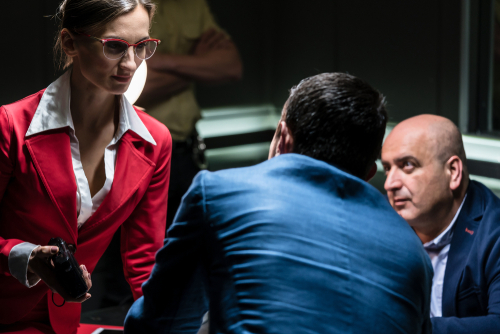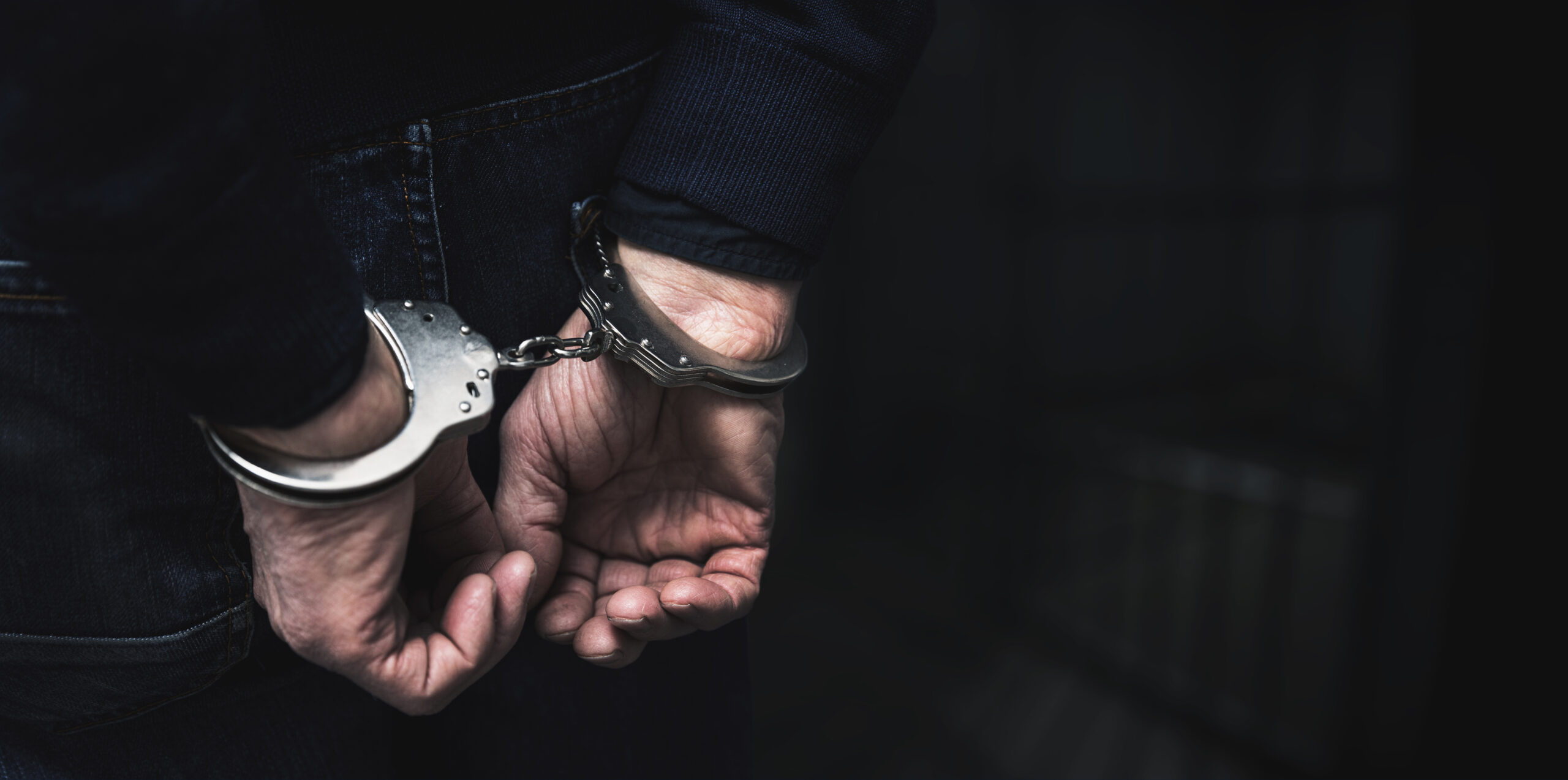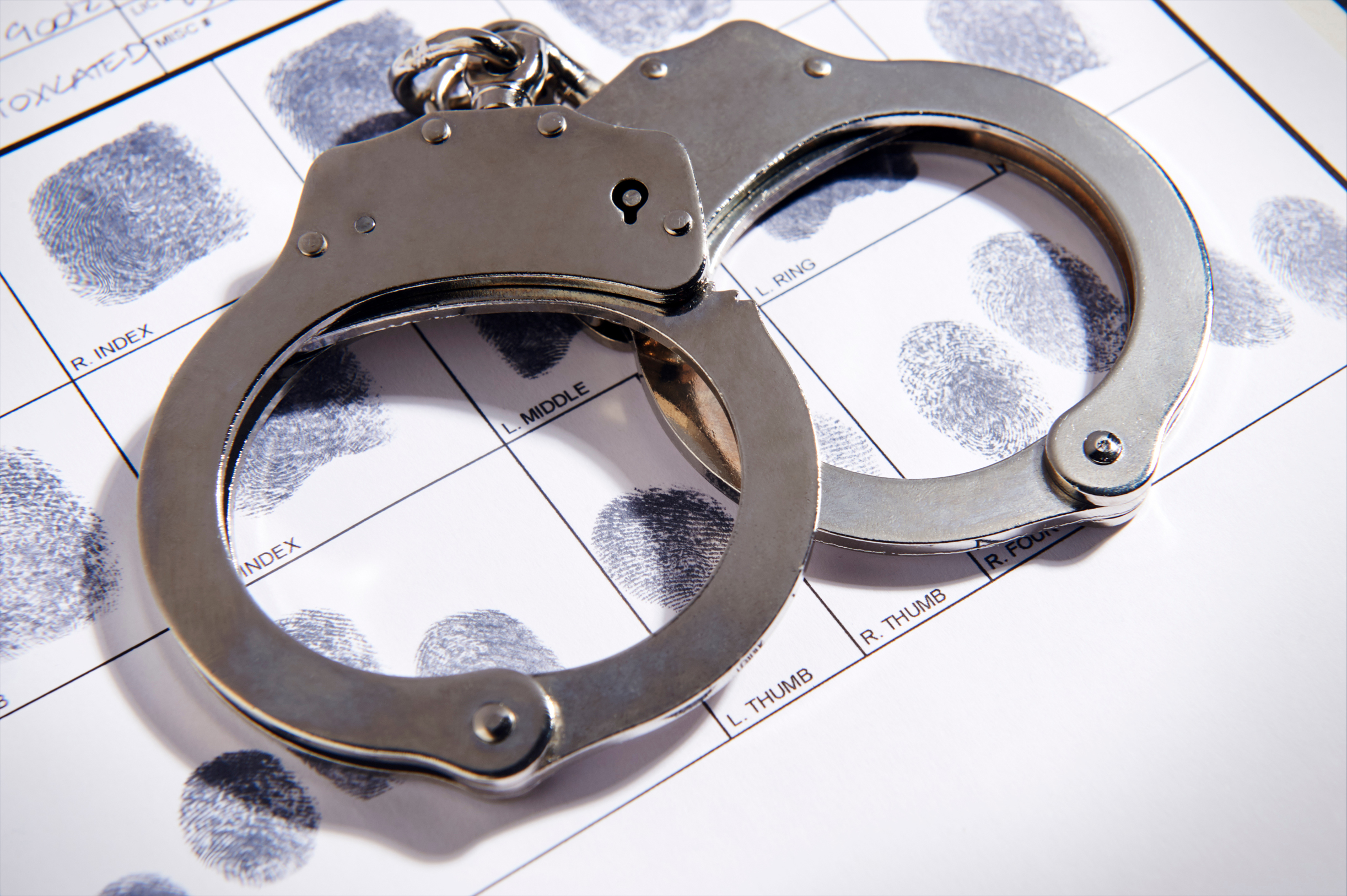Two things can happen after a Judge hands down the ruling from a preliminary hearing in Pennsylvania:
- The charges get dismissed; or
- The case proceeds.
If the Judge believes the prosecution presented probable cause to show a crime occurred and you are the best suspect, your case will continue moving toward trial and they may even set a trial date in the days following your preliminary hearing.
However, if the Judge does not believe probable cause exists to continue with your prosecution, the court will dismiss the charges against you, and the case is over.
Understanding the Purpose of the Preliminary Hearing
The Pennsylvania Rules of Criminal Procedure require the court to offer a defendant the opportunity for a preliminary hearing quickly following their preliminary arraignment where they enter a plea. During this hearing, the prosecution must present evidence to show:
- A crime occurred; and
- The defendant is a likely culprit
The preliminary hearing is not a trial, and the prosecution does not have to prove guilt beyond a reasonable doubt at the preliminary hearing. This hearing requires the prosecution to show the Judge they had just cause to arrest you and try you for the crime in question. The Judge may decide whether to allow the case to move forward on the same day or wait several days to make a decision.
What Happens If the Judge Does Not Believe There is Enough Evidence?
If the Judge does not believe the prosecution has a strong enough case to take you to court, the Judge may dismiss your charges following the preliminary hearing. This ends the criminal case against you.
What Happens If the Judge Allows the Case Against Me to Continue?
If the Judge rules that prosecutors provided enough evidence to continue the case against you, both sides will begin to prepare for trial. Some of the next steps may include:
Setting a Trial Date
Once the preliminary hearing is over, the case is ready to head to trial. The prosecution can move forward with its case against you. The court will likely get your case on the docket within a few days of your preliminary hearing, although the actual trial date may be several weeks or even months down the road.
Pretrial Motions
Both the prosecution and the defense may have pretrial motions they need to file between the preliminary hearing and the start of the trial. This could include:
- A motion to dismiss the charges because of new evidence showing your innocence
- A motion to suppress certain evidence, such as evidence obtained in an illegal search
- A motion to move the trial, called a “change of venue,” which is sometimes necessary when the local news has covered a high-profile case and impartial jurors may be difficult to identify
Continued Plea Deal Negotiations
Prosecutors may continue to offer plea deals during the time between the preliminary hearing and the trial. You should weigh these offers carefully with your counsel to determine if they may offer a favorable outcome in your case.
Get Help from a Criminal Defense Attorney for Your Preliminary Hearing
If you are facing DUI, theft, drug, or other criminal charges, you do not have to face them alone. You are entitled to legal representation throughout your case, including at your preliminary hearing. At McKenzie Law Firm, P.C., we fight to protect your rights and represent your best interests. Call us today at 610-680-7842 to learn more.





